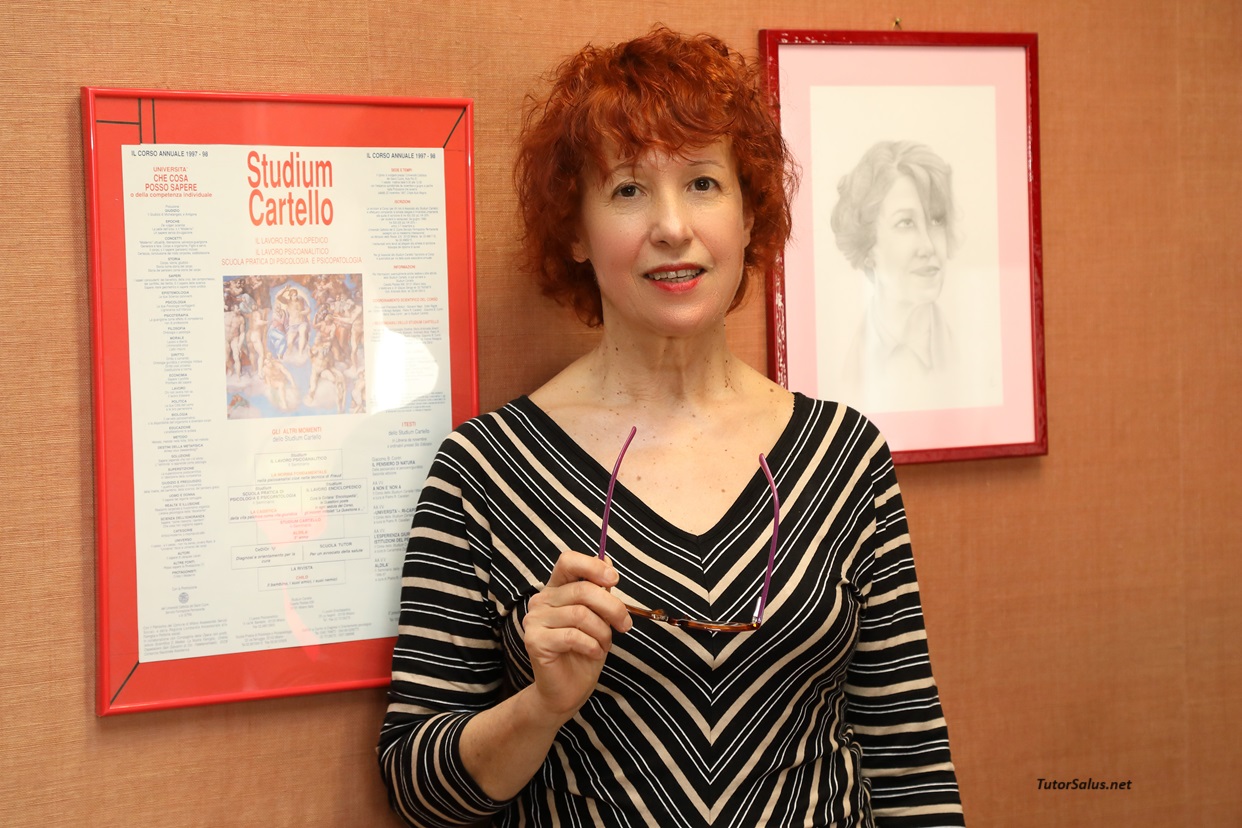ça parle (3).

“A special function is established to periodically explore external reality…, and that is the function of attention. This activity meets sensorial impressions rather than waiting for them to appear. An annotation system was probably established at the same time, whose task is to store the data of this periodic activity of consciousness : a part of what we call memory… An impartial pronouncement of the judging activity took over, whose task was to establish whether a given representation was true or false, that is whether it was in agreement with reality or not and that decided about it by resorting to comparison with the memory traces of reality… Thinking was probably originally unconscious.”[1]
“Now, it is extraordinary that for as long as there have been economists no one, coincidentally, has observed… that wealth is the property of the rich… When it comes to wealth, why not start with the rich ?... The rich has a property. He, or she, buys, buys everything, well let’s say he, or she buys a lot. However… the rich doesn’t pay. We believe he or she pays, for accounting reasons concerning the transformation of the more-than-jouissance into surplus value. But first of all we know well that the rich adds regularly the surplus value to himself, or to herself. There is no circulation of the more-than-jouissance. And above all, there is one thing that the rich never pays – learning… Why, since he or she, becomes rich can buy everything without paying ? Because the rich has nothing to do with jouissance. But that is not what the rich repeats. The rich repeats his - or her - purchase… the rich buys back everything that comes his or her way.”[2]
The 'rich‘ by Jacques Lacan is not the master at all, as he or she has given up one's envy[3] that characterizes failure, and can free himself - or he‘rself - from masochism, as a pathological submission to the binary of sadistic repetition : here, this involves the vocational forming a psychoanalyst.
But, how removing the fog of sublimation which discards one’s removed thinking, and so one's law – only individual – of ‘learning’ ?
The issue was formally open, as we know, and does not like repetition.
Marina Bilotta Membretti / Cernusco sul Naviglio – November 30, 2023
[1] ‘Precisazioni sui due principi dell’accadere psichico’, S. Freud (1911) in OSF Bollati Boringhieri (2012) Vol. 6, pages: 454- 456.
[2] ‘I seminario. Libro XVII - Il rovescio della psicoanalisi 1969-1970’, Testo stabilito da Jacques-Alain Miller – Edizione italiana a cura di Antonio Di Ciaccia, Giulio Einaudi editore Spa (2001) pages: 98- 99
[3] “…what occurs as ‘psychic occurrence’, ‘psychisches Geschehen’, in this second time… occurs because the parents, or whoever on their behalf, are there, in the child’s sensitive experience : who applies to them, as Others like every Other, the law already established in 1st. This second time hasn’t autonomy from the first one : ‘Oedipus’ is the law in crisis, as it became partially independent from 1st. Therefore, it has nothing to do with an archetype nor with a more or less elementary ‘kinship structure’… : here, as a cultured thinking, there is the dramatic individual development of the Subject’s competence in one’s law, and as a natural one there is the nature of one’s individual thinking.” Cited from : ‘Il pensiero di natura. Dalla psicoanalisi al pensiero giuridico’, Giacomo B. Contri SIC Edizioni (1998), pg. 189 in ‘2°. Secondo tempo. Costituzione giuridica del desiderio’.

